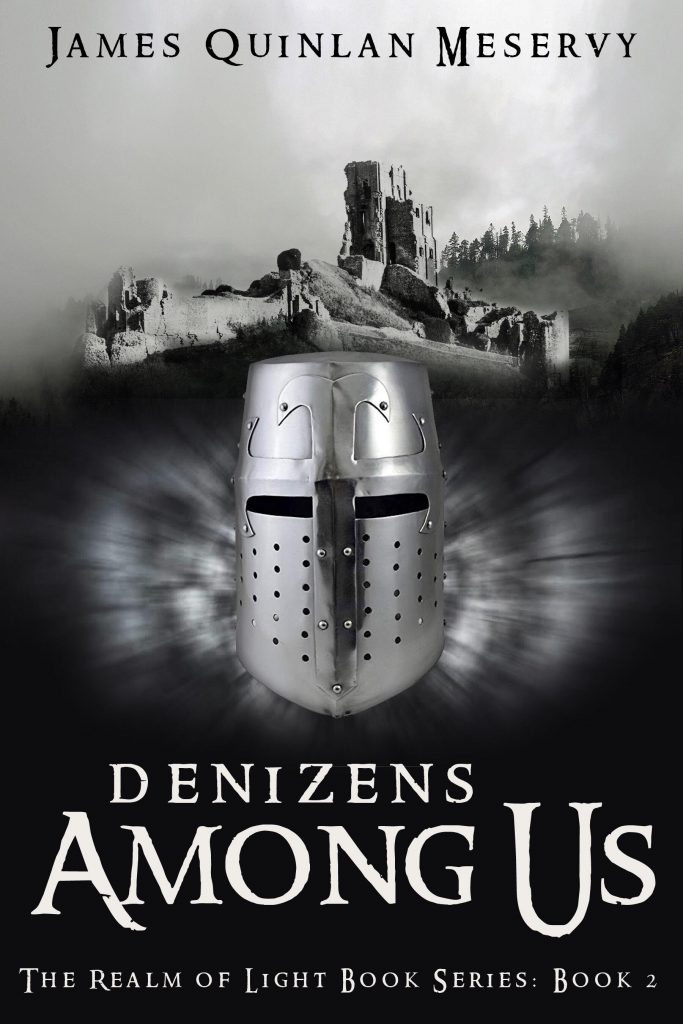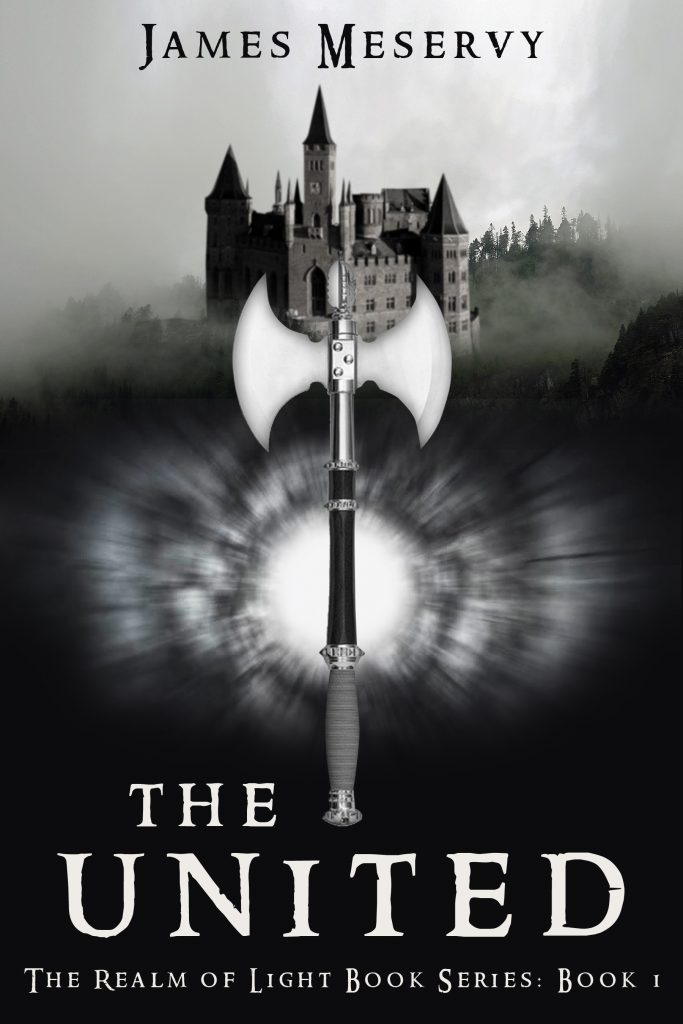Traditional Publishing
Why Traditionally Publish A Book When I Can Do It Myself?
There are a quite a few pros to publishing with a publisher. First, you have the resources of your publisher to help you market and sell books. That by itself is potentially HUGE, pending on the publisher you sign on with.
Other Pros include:
*Editing services provided by your publisher. I strongly recommend all authors to edit their books to their fullest, either themselves or others, before submitting anything to a publisher. But, a new pair of eyes on a story is always helpful.
*Book Descriptions or Blurbs. One thing that I struggle with the most on my own is crafting intriguing book descriptions for my self-published novels. My titles published through my publisher, Cosby Media Productions, have better, more enticing book descriptions than anything I can craft myself.
*Book Covers. Publishers, pending on your contract of course, have their own resources for creating book covers.
*Formatting. Publishers, here again pending on your contract, take care of the formatting.
There are more Pros, but for me personally, the above are the biggest influences as to why I sought a publisher for “The United, The Realm of the Light Book 1.”
What are the CONS to going with a Traditional Publisher?
Like with the pros, there are quite a few different cons to singing with a traditional publisher, and different authors lists of pros and cons will vary. Here are just a few of my biggest cons.
*Setting Pricing. DISCLAIMER: I have not had this problem with CMP, but a former publisher. I discussed pricing of ebooks with one publisher who desired The United, my only published title at the time, to be priced at something like $15.99 AS AN EBOOK! I don’t know about you, but as for me, I would never buy an ebook at $16, no matter the author.
*You may not like the cover the Publisher gives your book. It happens. Some publishers I have heard of will talk with you about it and change the cover, others, not so much. On this count, I have been lucky. My CMP covers are the best.
*Release Date. DISCLAIMER: THE FOLLOWING STORY IS A COMBINATION OF THREE DIFFERENT AUTHOR FRIENDS WHO TALKED WITH ME ABOUT BOOK RELEASE WHOAS. I WAS NOT ONE OF THE AUTHORS ILLUSTRATED HERE, MY PUBLISHER HAS GIVEN THE MOST SUPPORT OF ANY ON BOOK RELEASES AND COVER RELEASES. My friend, let’s call him Jim, had book 3 of a series that I absolutely loved coming out with a small publisher. Jim was told the book would be released on Jan 1st. (No, not really New Year’s Day, I am using it for this example to illustrate what happened). But his publisher never gave Jim a pre-release link, nor a look at the cover, so he could do a cover reveal or promote pre-release sales. Searching for something else on Amazon the week before Christmas, Jim stumbled upon his Book 3, published and available for sale (not PRE-SALE mind you, but released for sale). That accidental find was the first time Jim saw his new cover, and he had to save the cover from Amazon because his publisher never released that to him personally. Moral of the story: research your publisher before you sign anything. If possible, talk with some other authors who are published with the prospective publishing firm.
*I’m tired of getting rejection letters from Publishers and Agents. On this point, some publishing firms, the BEST publishing firms among them, only accept manuscripts through literary agents. Some don’t. That does not make it a bad publisher. One publisher I would like to sign on with, and who sent me a rejection note on two separate occasions for The United, The Realm of the Light Book 1, was Shadow Mountain. They accept non-solicited manuscripts, and are a very good publisher that has seen success in marketing and selling of fantasy books, Brandon Mull’s best selling series, Fablehaven, is one of theirs. But it can be discouraging for a new author to get so many rejection notes, especially when you have faith in your book and you have the ability to self-publish.
*I want full control over every step of the publishing process. I have heard this, or if not this phrase specifically, something similar to it from many, many, many self-published authors. They want full control over pricing, marketing, promotional sales, book cover, book descriptions, etc.
CLOSING THOUGHTS
Not all books are meant for every publisher. Some books will do better if self-published. Others will do better with a small press, others with a large press. Every book has its own journey, its own ideal home. I recommend you think about what you want to accomplish with the release of your current WIP (Work In Progress) before deciding how to go about publishing it.


